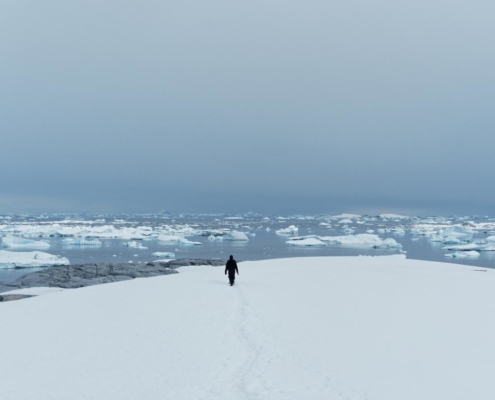
Antarctica in the time of corona virus
While millions of people around the world are coping with COVID-19 lockdowns, scientists and support staff in Antarctica are preparing to ‘lockdown’ for their winter isolation. They will be completely cut off from the rest of the world in…
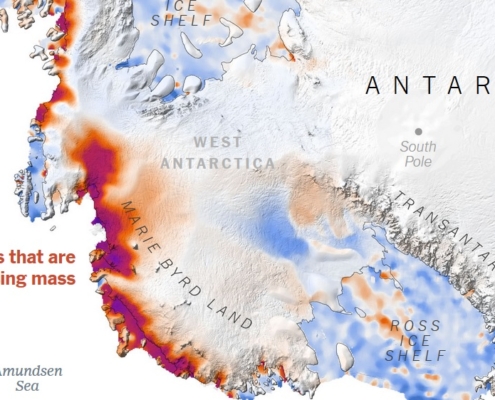 https://science.sciencemag.org/content/early/2020/04/29/science.aaz5845
https://science.sciencemag.org/content/early/2020/04/29/science.aaz5845Images show Antarctic ice loss in exceptional detail
Data from space is allowing scientists to understand ice loss in Antarctica as never before. The high resolution images are both beautiful and concerning, illustrating in great detail where ice is thinning.
See more here: https://www.nyt…
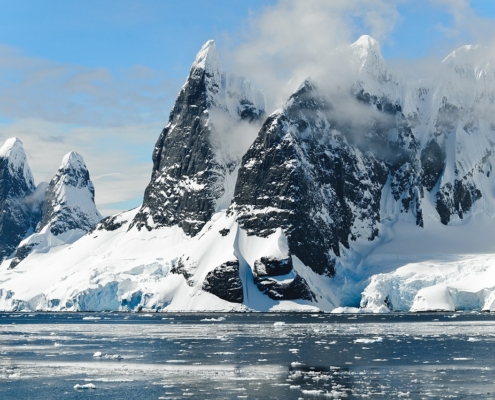
Microplastics found in 10 year old ice core
Scientists have found microplastics in an ice core taken from east Antarctica in 2009. It's not clear where the plastic came from. But it's possible that it is the result of local pollution from visitors to the continent (researchers and tourists) …
 By Gregory "Slobirdr" Smith - Blue Whale (Balaenoptera musculus), CC BY-SA 2.0, https://commons.wikimedia.org/w/index.php?curid=40573659
By Gregory "Slobirdr" Smith - Blue Whale (Balaenoptera musculus), CC BY-SA 2.0, https://commons.wikimedia.org/w/index.php?curid=40573659Blue whales return!
Can we change things for the better? Here's a good news story to encourage anyone working to protect the wildlife of our planet.
A team led by the British Antarctic Survey spotted 55 blue whales on a recent expedition to South Georgia (a…
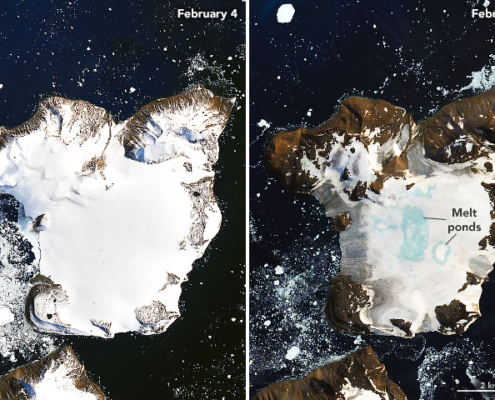 https://www.npr.org/2020/02/21/808187601/-antarctica-melts-nasa-says-showing-effects-of-record-heat?t=1582463400638
https://www.npr.org/2020/02/21/808187601/-antarctica-melts-nasa-says-showing-effects-of-record-heat?t=1582463400638NASA images reveal impact of Antarctic heatwave
The recent record temperatures (up to 18.3 degrees C) on the northern tip of the Antarctic Peninsula have cause rapid ice melt - and NASA's satellite images show the devastating effect. Up to an inch of snowpack melted in just one day.
Although…
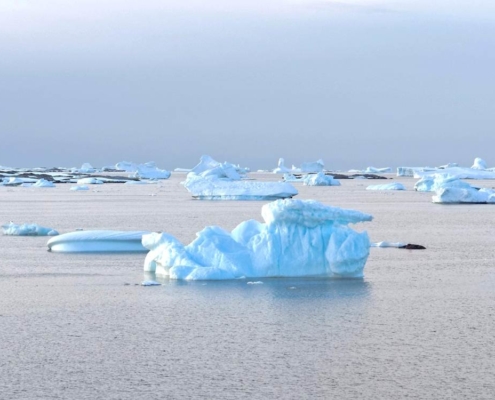
Record high temperatures in Antarctic
Summer temperatures in Antarctica have been hitting record highs. Earlier this month, the temperature rose above 20 degrees C for the first time, provoking further concerns about ice melt and rising sea levels. Already, scientists are seeing…
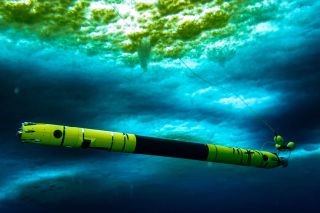 Image: © Rob Robbins/USAP Diver
Image: © Rob Robbins/USAP DiverRobot discovers surprisingly warm water under Thwaites Glacier
Scientists have sent an underwater robot called Icefin to explore under the Thwaites Glacier and they have made a worrying discovery. The water temperatures are unusually warm.
"Warm waters in this part of the world, as remote as they may…
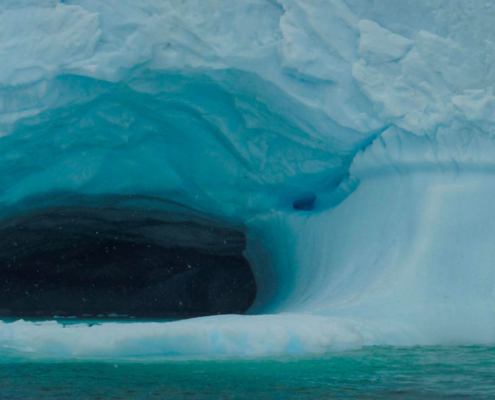
Researching the ‘doomsday’ glacier
In a new report, the BBC explains why the melting of the Thwaites glacier could bring catastrophe, not just to Antarctica, but also to maritime cities around the world.
With a mix of diagrams, photos and text, the report tells the story of…
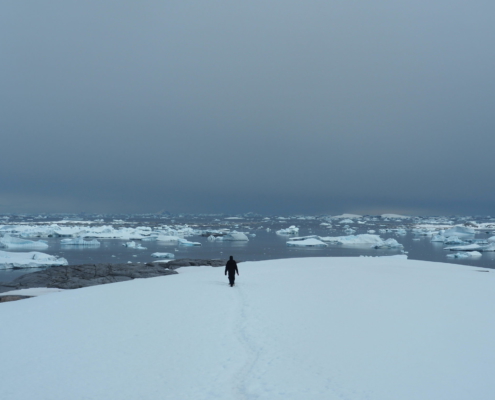
Lengthy stays in Antarctica shrink brains
An extended stay in a remote Antarctic research station is the closest thing to a long space journey that humans can experience without leaving Earth. But scientists have discovered that the isolation and unchanging views have an impact on the…
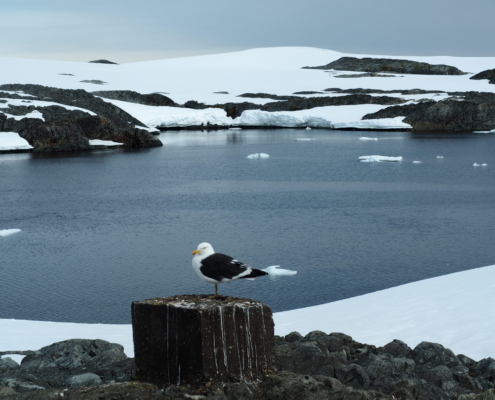
Antarctica under threat from invasive species
Over millennia, Antarctica's geographic isolation has created a unique biological environment. However, this is increasingly under threat from climate change and human visitors. People bring species that could never reach the continent on their…
